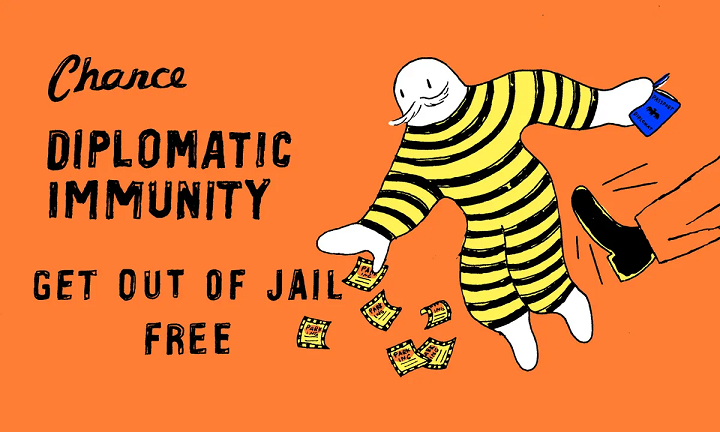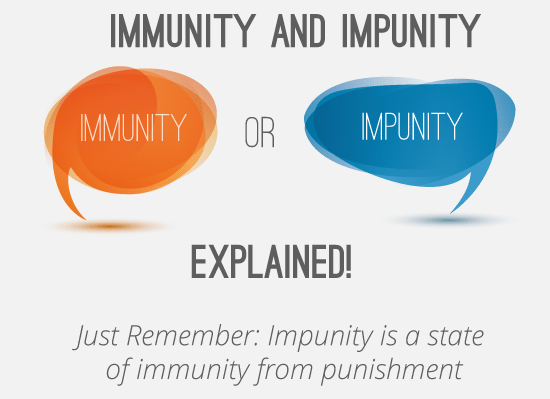Series parts:
- The EPO's Overseer/Overseen Collusion — Part I: Let the Sunshine In!
- The EPO’s Overseer/Overseen Collusion — Part II: A “Unanimous” Endorsement?
- The EPO’s Overseer/Overseen Collusion — Part III: Three Missing Votes
- The EPO’s Overseer/Overseen Collusion — Part IV: The Founding States
- The EPO’s Overseer/Overseen Collusion — Part V: Germany Says “Ja”
- The EPO’s Overseer/Overseen Collusion — Part VI: A Distinct Lack of Dutch Courage
- The EPO’s Overseer/Overseen Collusion — Part VII: Luxembourgish Laxity
- The EPO’s Overseer/Overseen Collusion — Part VIII: Perfidious Albion and Pusillanimous Hibernia
- The EPO’s Overseer/Overseen Collusion — Part IX: More Holes Than Swiss Cheese
- The EPO’s Overseer/Overseen Collusion — Part X: Introducing the Controversial Christian Bock
- The EPO’s Overseer/Overseen Collusion — Part XI: “General Bock” - Battistelli's Swiss Apprentice?
- The EPO’s Overseer/Overseen Collusion — Part XII: The French Connection
- The EPO’s Overseer/Overseen Collusion — Part XIII: Battistelli's Iberian Facilitators - Spain
- The EPO’s Overseer/Overseen Collusion — Part XIV: Battistelli's Iberian Facilitators - Portugal
- The EPO’s Overseer/Overseen Collusion — Part XV: Et Tu Felix Austria…
- The EPO’s Overseer/Overseen Collusion — Part XVI: The Demise of the Austrian Double-Dipper
- The EPO’s Overseer/Overseen Collusion — Part XVII: The Non-Monolithic Nordic Bloc
- The EPO’s Overseer/Overseen Collusion — Part XVIII: Helsinki's Accord
- The EPO’s Overseer/Overseen Collusion — Part IXX: The Baltic States
- The EPO’s Overseer/Overseen Collusion — Part XX: The Visegrád Group
- The EPO’s Overseer/Overseen Collusion — Part XXI: The Balkan League – The Doyen and His “Protégée”
- The EPO’s Overseer/Overseen Collusion — Part XXII: The Balkan League - North Macedonia and Albania
- The EPO’s Overseer/Overseen Collusion — Part XXIII: The Balkan League - Bulgaria
- The EPO’s Overseer/Overseen Collusion — Part XXIV: The Balkan League - Romania
- The EPO’s Overseer/Overseen Collusion — Part XXV: The Balkan League - Fresh Blood or Same Old, Same Old?
- The EPO’s Overseer/Overseen Collusion — Part XXVI: A Trojan Horse on the Budget and Finance Committee
- The EPO’s Overseer/Overseen Collusion — Part XXVII: Cypriot Complicity
- The EPO’s Overseer/Overseen Collusion — Part XXVIII: Benoît and António's Loyal “Habibi”
- The EPO’s Overseer/Overseen Collusion — Part IXXX: The EPOnian Micro-States - Monaco and Malta
- The EPO’s Overseer/Overseen Collusion — Part XXX: San Marino and the Perfidious Betrayal of Liberty
- The EPO’s Overseer/Overseen Collusion — Part XXXI: The Abstentionists
- The EPO’s Overseer/Overseen Collusion — Part XXXII: “Plucky Little Belgium”?
- The EPO’s Overseer/Overseen Collusion — Part XXXIII: Swedish Scepticism
- The EPO’s Overseer/Overseen Collusion — Part XXXIV: An “Extremely Dubious” Proposal
- The EPO’s Overseer/Overseen Collusion — Part XXXV: Slovakian Scruples
- The EPO’s Overseer/Overseen Collusion — Part XXXVI: Serbian Sour Grapes
- The EPO’s Overseer/Overseen Collusion — Part XXXVII: Stubbornly Independent Slovenia
- The EPO’s Overseer/Overseen Collusion — Part XXXVIII: Ensnared in the Tentacles of the SAZAS Octopus
- The EPO’s Overseer/Overseen Collusion — Part XXXIX: On the Slippery Slope to Capture
- The EPO’s Overseer/Overseen Collusion — Part XXXX: The Idiosyncratic Italians
- The EPO’s Overseer/Overseen Collusion — Part XXXXI: Public Service or Self-Service?
- The EPO’s Overseer/Overseen Collusion — Part XXXXII: A Parcel of Rogues?
- The EPO’s Overseer/Overseen Collusion — Part XXXXIII: A Legal No-Man's Land
- YOU ARE HERE ☞ Immunity = Impunity?

According to reputable legal experts, the immunity granted to international organisations "encourages or at least allows IO managers and executives to engage in illegal or unlawful practices which would otherwise expose them and their organizations to civil or criminal liability in national courts there."
Summary: The EPO's administration has come to the point where it shamelessly and systematically misuses "immunity" to break the law without any consequences either to ringleaders such as Benoît Battistelli and António Campinos or their facilitators, whom they typically appoint based on loyalty rather than skills; this erodes confidence in the institutions they run, whose impact can be highly corrosive or detrimental to their original/stated goals
In the last part we saw how international organisations suffer from a lack of transparency and accountability and how those who become implicated in serious maladministration or other wrong-doings seldom - if ever - get called to account or suffer any prejudice to their "career".
A key issue here is the bubble of "immunity" in which international organisations operate and which effectively shields them from any external oversight or control.
"A key issue here is the bubble of "immunity" in which international organisations operate and which effectively shields them from any external oversight or control."Immunity is granted to these organisations for the ostensible purpose of ensuring their political and financial independence and, thus, their impartiality. However, like any other kind of legal privilege, it is open to abuse.
The immunity accorded to international organisations has long been recognised as a contentious issue by legal scholars and lawyers who represent the staff of these organisations in disputes before international tribunals such as the ILOAT.
In an article published in 2010 under the title "International Organisation Reform or Impunity? Immunity is the problem", legal practitioners Greta Rios and Ed Flaherty explored the topic in detail.
"The immunity accorded to international organisations has long been recognised as a contentious issue by legal scholars and lawyers who represent the staff of these organisations in disputes before international tribunals such as the ILOAT."According to the authors, the immunity granted to international organisations "encourages or at least allows IO managers and executives to engage in illegal or unlawful practices which would otherwise expose them and their organizations to civil or criminal liability in national courts there."
Due to the absence of a threat of criminal sanction or substantial civil damages awards, "the normal incentive of civil society for managers and executives to run their organizations lawfully and/or in accord with best practices is non-existent, encouraging rather than preventing unacceptable behavior within IOs which clearly also has a negative effect on their performance and effectiveness."
"And so the rank-and-file staff of international organisations like the EPO continue to be exposed to the abuses of managers and senior executives for whom "immunity" all too often translates into "impunity"."But despite extensive academic literature on the subject, there has been little follow-up on a political level.
It almost seems like those who call the shots in the corridors of power have a vested interest in the status quo and are not particularly keen about pushing for the badly-needed reforms of this sector.
Of course there are occasional attempts to pay lip-service to calls for reform such as the resolution "Accountability of international organisations for human rights violations" (No. 1979) which was adopted by the Parliamentary Assembly of the Council of Europe in 2014.
But to date there are no visible signs of concrete political action as a follow-up to such parliamentary grandstanding.
And so the rank-and-file staff of international organisations like the EPO continue to be exposed to the abuses of managers and senior executives for whom "immunity" all too often translates into "impunity".

For senior executives of international organisation, "immunity" effectively translates into "impunity".
In the upcoming parts we will take a closer look at the internal justice systems of international organisations on which staff are obliged to rely in order to safeguard and assert their rights. And we shall also see how these systems often turn out to be hopelessly dysfunctional.
⬆


